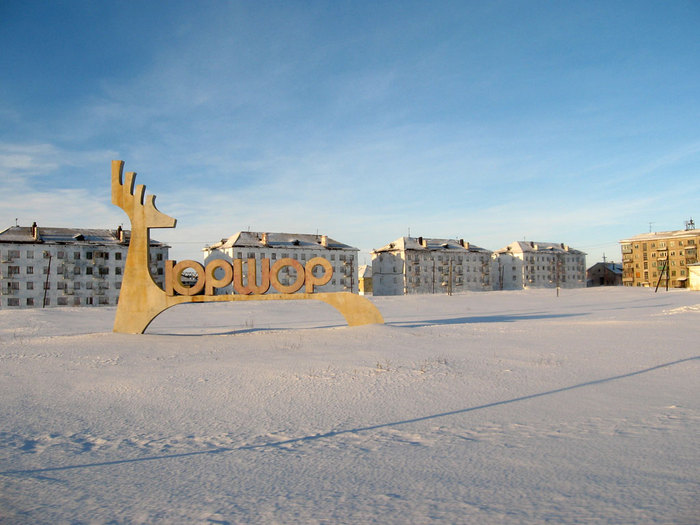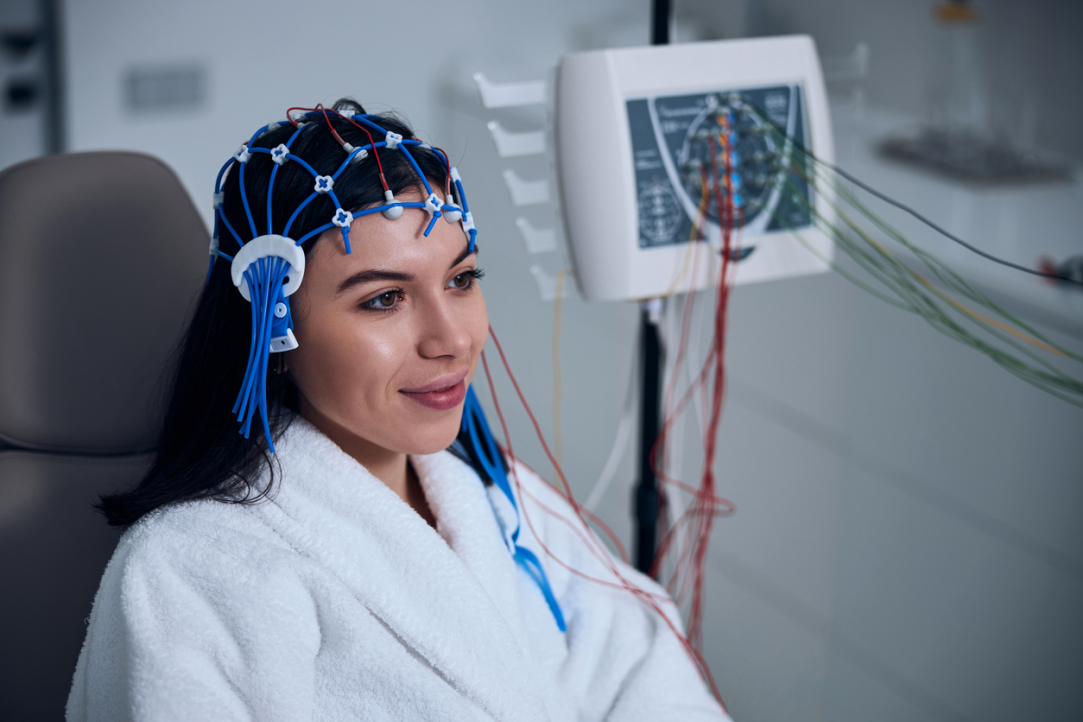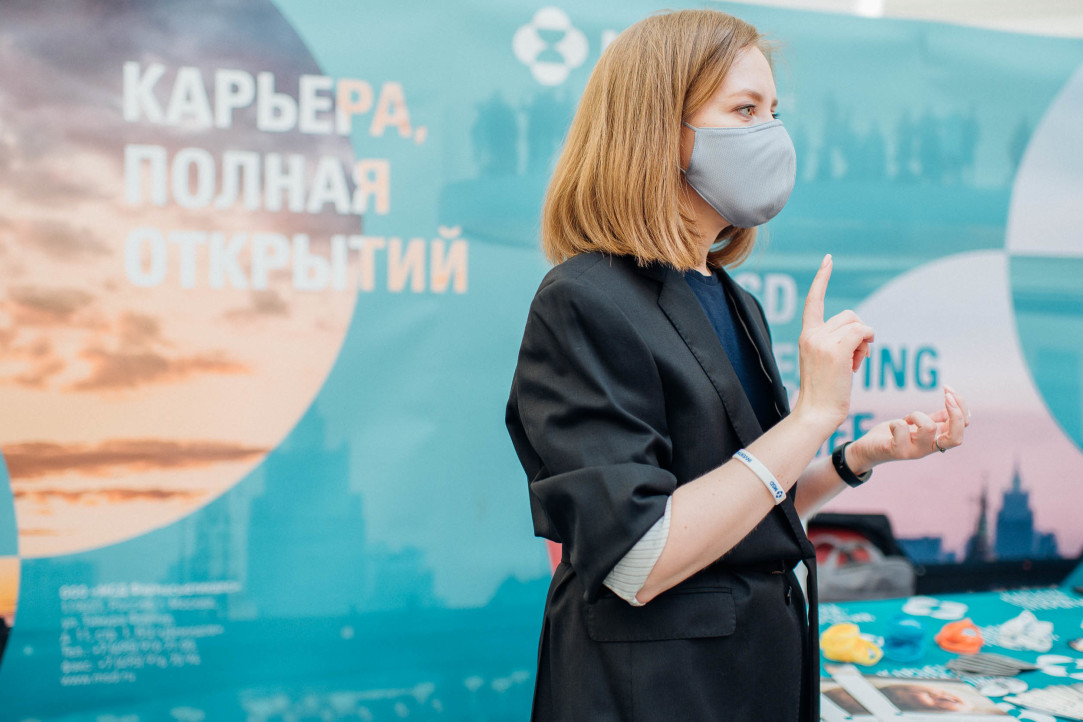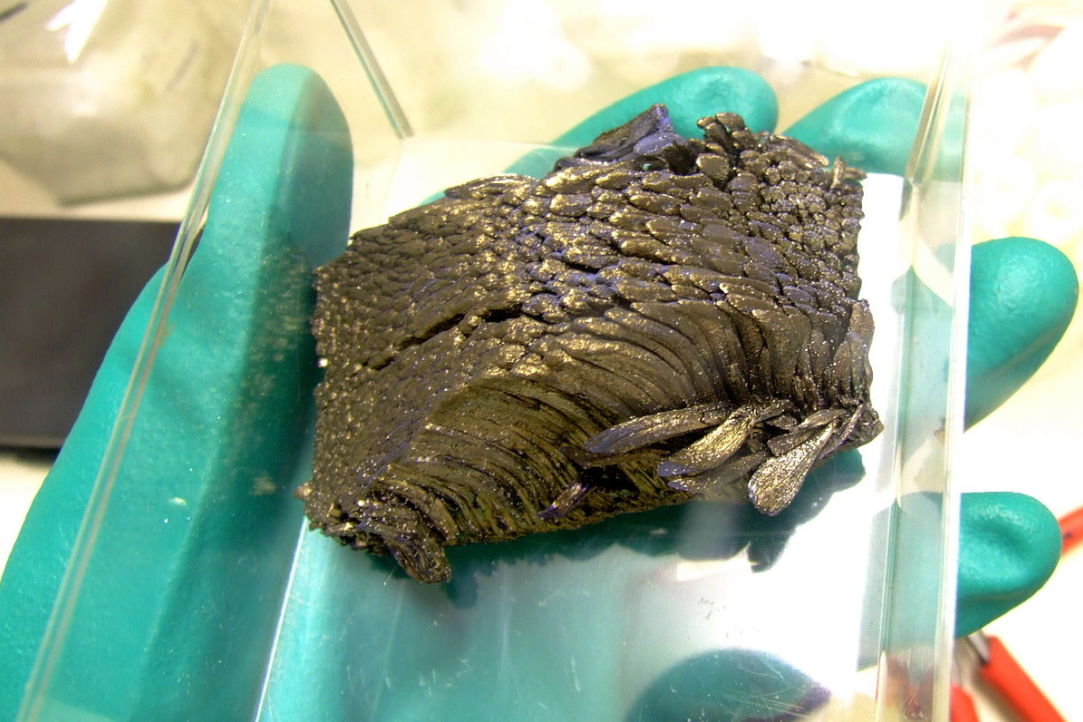
Setting Personal Boundaries in the Age of ‘New Ethics’
Psychologists acknowledge that there is no longer any public consensus on gender relations and issues. The HSE Media Practices Centre held a training session on ‘How to Find Common Ground with People Living in the New Ethical Reality,’ in which experts discussed key elements of ‘new ethics’ and their influence on social relationships.

Shrinking Vorkuta: Depopulation and Decline of Russian Arctic Cities
In Soviet times, relocation to northern monocities was seen as an attractive option, with high pay and good perks, along with a well-developed infrastructure, perceived as offsetting the harsh climate. The situation is different today, with some cities on the verge of vanishing into extinction. A prominent and rather striking example of this process is Vorkuta in the Komi Republic. A team of researchers from the HSE and Politecnico di Milano, having examined the progressive shrinkage of this once booming monocity, concluded that the case of Vorkuta could suggest effective approaches to managing urban depopulation in the Russian Arctic.

Scholars Gauged Energy Inequality among Eurasian Economic Union Member States
The UN member states pledged to achieve 17 Sustainable Development Goals (SDGs) by 2030 that are aimed at saving the planet’s resources and increasing overall well-being. One — Goal 7 — sets out to “ensure universal access to affordable, reliable, sustainable and modern energy.”

At the Intersection of Culture and Socio-Economic Development
In its capacity as a venue for integrating Russian and international cross-cultural psychologists, the HSE Centre for Sociocultural Research has been researching the values of people in post-Soviet states and other countries for over a decade. Nadezhda Lebedeva, Director of the Centre and Professor of the Faculty of Social Sciences, speaks about the leading world researchers working at the Centre, the transmission of values among adolescents and their psychological well-being, and the connection between creativity and the acceptance of cultural differences.

Readiness to Punish Others for Selfish Behaviour Explained by Functional Brain Connections
The stronger the functional brain connections, the less inclined someone is to punish others for unfair behaviour. This conclusion was reached by HSE researchers following a neuroimaging experiment. Their paper ‘Wired to punish? Electroencephalographic study of the resting-state neuronal oscillations underlying third-party punishment’ was published in the journal Neuroscience.

University Quality, Academic Performance, and Work Experience Are Important Signals in the Labour Market
People with higher education enjoy higher salaries and are at considerably less risk of unemployment. The World Bank estimates that an extra year of university studies in Russia yields an 8% return on investment. The quality of a university, the specific field of study, and students’ individual strategies are all key factors in ensuring success in the labour market. These topics were discussed by Viktor Rudakov, Senior Research Fellow and Deputy Head of the International Laboratory for Institutional Analysis of Economic Reforms, Assistant Professor of the Faculty of Economic Sciences, HSE University, in an open lecture on ‘How and Where to Study to Become Successful in the Labour Market’.

CPD Training of Staff Boosts Self-confidence
There is a significant psychological effect of continuing professional development programmes, i.e. people feel more confident in solving problems. After training, employees note that they cope better with tasks both at work and home.

Wonderful Lanthanides: Researchers Systematize Global Data on the Properties of Rare-Earth Metals
Yury Belousov, Associate Professor at the HSE Faculty of Chemistry, joined his colleagues from Moscow State University, Lebedev Physical Institute, and the University of Camerino, Italy, to work on a review, in which they compared and analysed over 200 lanthanide azolecarboxylates. The scholars were the first to systematize the scattered published information in a single source, which will be useful for technology developments in electronics, metallurgy and nuclear medicine, as well as in the chemical and nuclear industries. The review was published in Coordination Chemistry Reviews.

Researchers Come Up with a New Explanation of Processes that Underlie Working Memory
Researchers from the HSE Centre for Cognition & Decision Making have developed a computational model of working memory and demonstrated the stabilizing effect of gamma oscillations, as well as the importance of fast interaction between the model components. The study results have the potential to become part of a theoretical basis for experiments on improving working memory functions with non-invasive brain stimulation. The study was published in Frontiers in Neural Circuits .

‘The Study Experience at HSE University Was Important to Me in Starting in a New Career’
Russian corporations have started practicing mindfulness meditation to solve psychological tasks in their teams. The Applied Psychology: Health and Well-Being journal has accepted for publication the paper ‘Short-Term Effects of an Online Mindfulness Meditation Intervention’ by Evgeny Osin, Associate Professor at the HSEFaculty of Social Sciences, and Irina Turilina, graduate of the master’s programme in Counselling Psychology. Personality Studies. Irina spoke to the HSE News Service about the research and her studies at HSE University.

